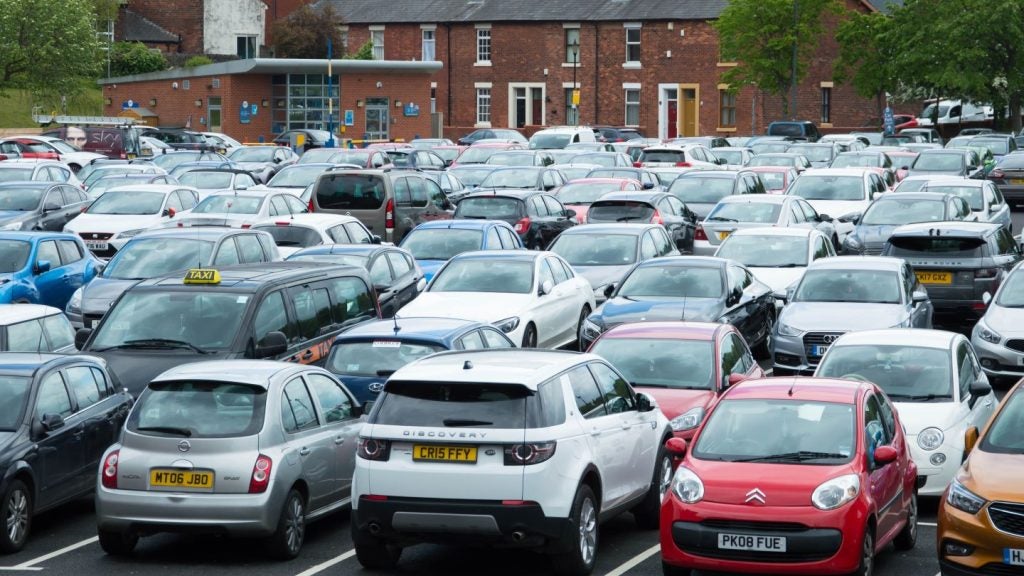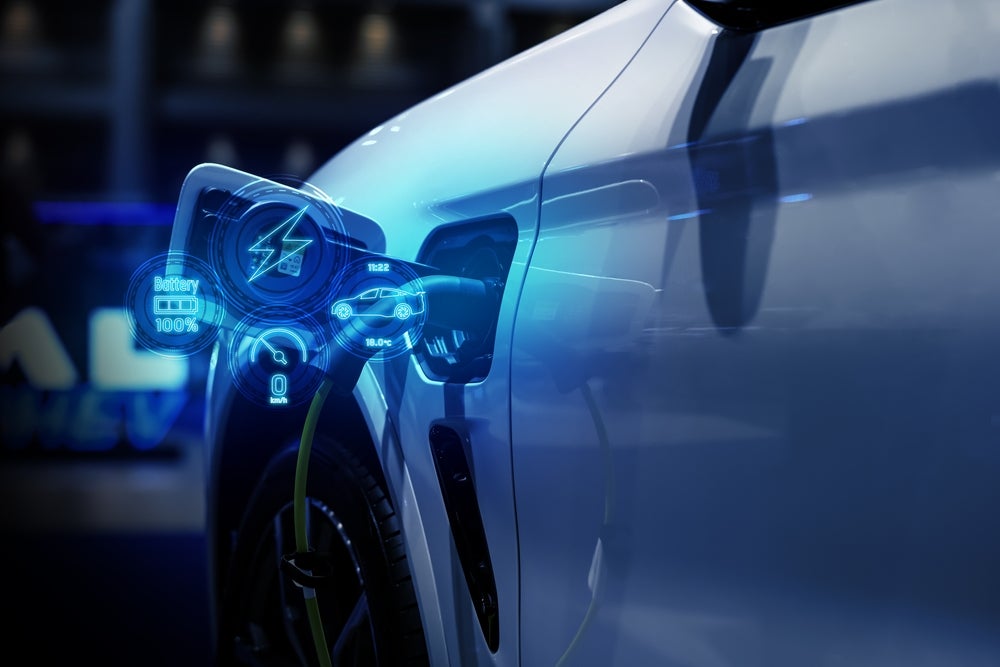
UK automotive manufacturers have shrunk the carbon footprint of production to its lowest level on record, reducing emissions per vehicle made last year by 2.8%. At the same time, manufacturers are producing a record-high proportion of electrified vehicles (EVs), according to the latest annual Sustainability Report by the Society of Motor Manufacturers and Traders (SMMT).
The new research, published today, shows that the UK auto sector is continuing its commitment to Britain’s world-leading net-zero targets. While electric vehicles require more energy to produce, manufacturers have been able to advance the carbon efficiencies of production. 2022’s CO2 output was down by nearly 17,700 tonnes – the equivalent annual carbon reduction of more than 800,000 trees.
The savings were delivered in part by growth in green tariff energy use, while manufacturers themselves generated some 4.7% more renewable energy than last year thanks to continued investment in on-site green infrastructure, delivering a total of 46GWh – enough to produce up to 767,000 EV batteries a year.
While Britain is scaling up its EV output, battery production is lagging behind, with up to 90GWh of gigafactory capacity needed by 2030 to meet the UK’s EV manufacturing needs.
With a number of factors affecting investment decisions, involving many stakeholders, SMMT has set out an industrial plan that calls for a range of measures, including major investment in more affordable, renewable energy supply in the UK, in order to keep a greener British economy and society on the move.
The UK is in a strong position, having manufactured a record number of electrified cars last year – a third (30.2%) of all cars made in British factories during 2022. Demand for electrified vehicles in particular means that the average CO2 tailpipe emissions of new cars fell by -6.9%.

US Tariffs are shifting - will you react or anticipate?
Don’t let policy changes catch you off guard. Stay proactive with real-time data and expert analysis.
By GlobalDataAt the same time, manufacturers further streamlined their recycling and reuse, with the average amount of waste per vehicle down by more than a third (-37.0%).
Since Europe’s first mass-market EV entered production in the UK in 2011, manufacturers have allocated some £11 billion in long-term commitments to deliver zero-emission vehicles and decarbonise production facilities.
The sector’s historic excellence, combined with its highly skilled workforce and undoubted R&D capability, can help make it one of the top global locations for producing zero-emission vehicles.
However, against a backdrop of increasingly fierce competition for investment and the need for industrial security provided by domestic battery production capacity, Britain urgently needs a plan to grow its supply of low-cost, low-carbon energy.
This is essential not just for manufacturing competitiveness but also for EV drivers, who must be confident that they can cost-effectively charge an EV with green energy – a vital step to accelerating uptake.
Mike Hawes, SMMT Chief Executive, said:
“Britain’s automotive industry is building record numbers of zero-emission vehicles while cutting its carbon footprint to a record low. This double success has been delivered thanks to huge investments from manufacturers to decarbonise both their facilities and vehicles.
“As demand for electric vehicles continues to grow at home and overseas, the UK can distinguish itself as a low-carbon manufacturing nation – but this depends on critical investment in gigafactories and the affordable, renewable energy needed to power them. The sector has made huge strides in recent years but there is much more to be done.”
Volkswagen Commercial Vehicles appoints new head of direct sales







